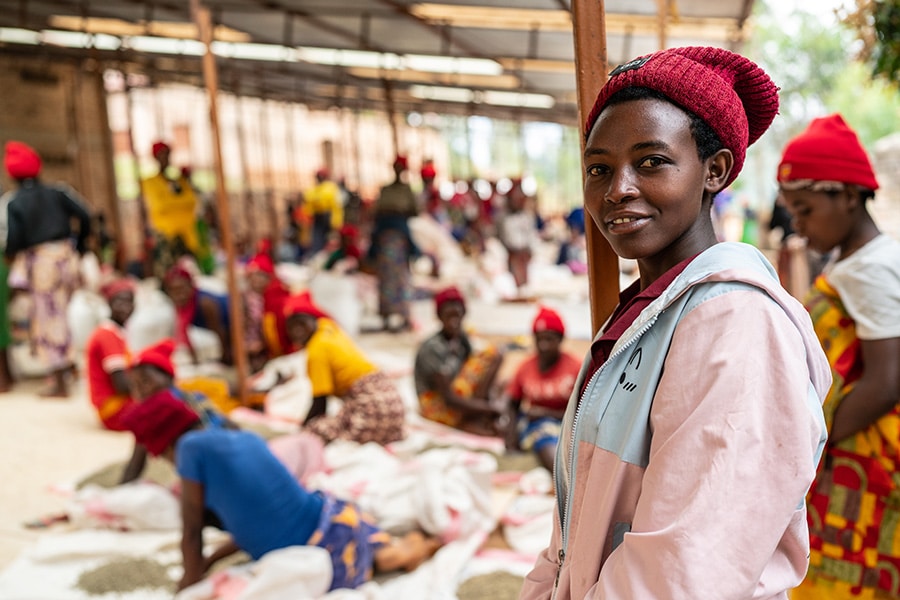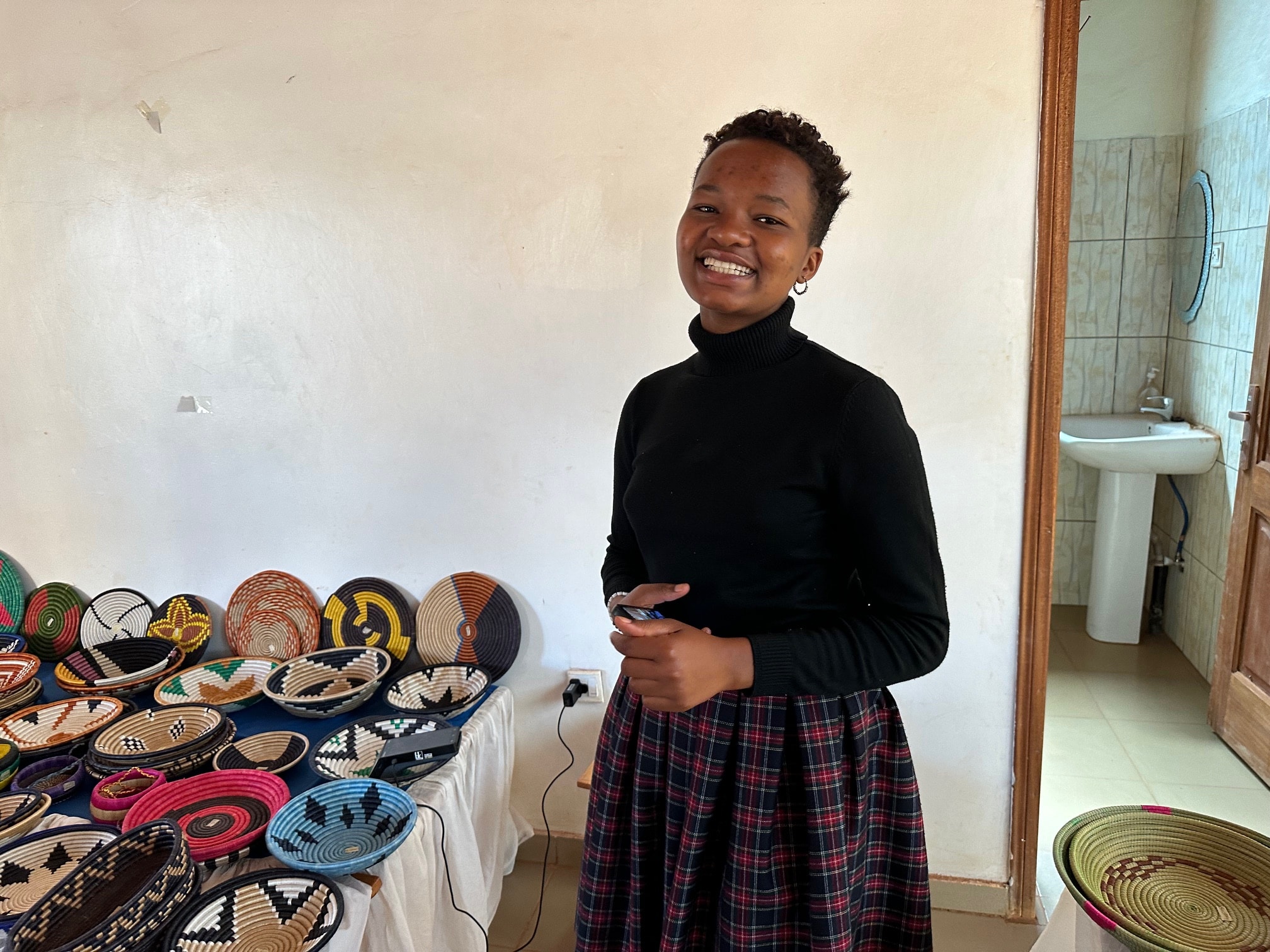
Investing in Rural Resilience: Learnings from 25 Years of Impact
Root Capital’s Head of Advisory in Africa, Rose Ochieng (left) and Chief External Affairs Officer,... Read More
Date:

Lending clients reached
Cumulative Total Disbursements
Advisory clients reached
Farmers and employees reached
Root Capital loans commercial lenders would not have made.
Average portfolio balance
Training days delivered
Clients with improved business management performance
Climate action leaders receiving Root Capital loans this year
Businesses receiving Agronomic and Climate Resilience Advisory
Farmers and employees reached by Climate Finance or Advisory
Climate finance flowing to vulnerable communities this year
Clients with new/improved climate action plans or programs this year
Hectares sustainably managed
Gender-inclusive (G-I) or Women-led (W-L) clients receiving Root Capital loans
Disbursements to G-I and W-L clients this year
Women farmers reached
Clients with new/improved women’s empowerment policies or programs this year
Women who received advisory training (Since 2021)
Business that received women’s business advisory
Youth who received advisory training (Since 2021)
Increased decision-making roles held by youth
Talent Partnerships launched
Talent Partnerships endline survey respondents gaining full-time, long-term employment

Root Capital’s Head of Advisory in Africa, Rose Ochieng (left) and Chief External Affairs Officer,... Read More
Date:

Root Capital’s Director of Women in Agriculture Initiative, Leonor Gutiérrez, delivers a systems change talk... Read More
Date:

As a writer at Root Capital, I often describe our clients as "engines of impact." ... Read More
Date: